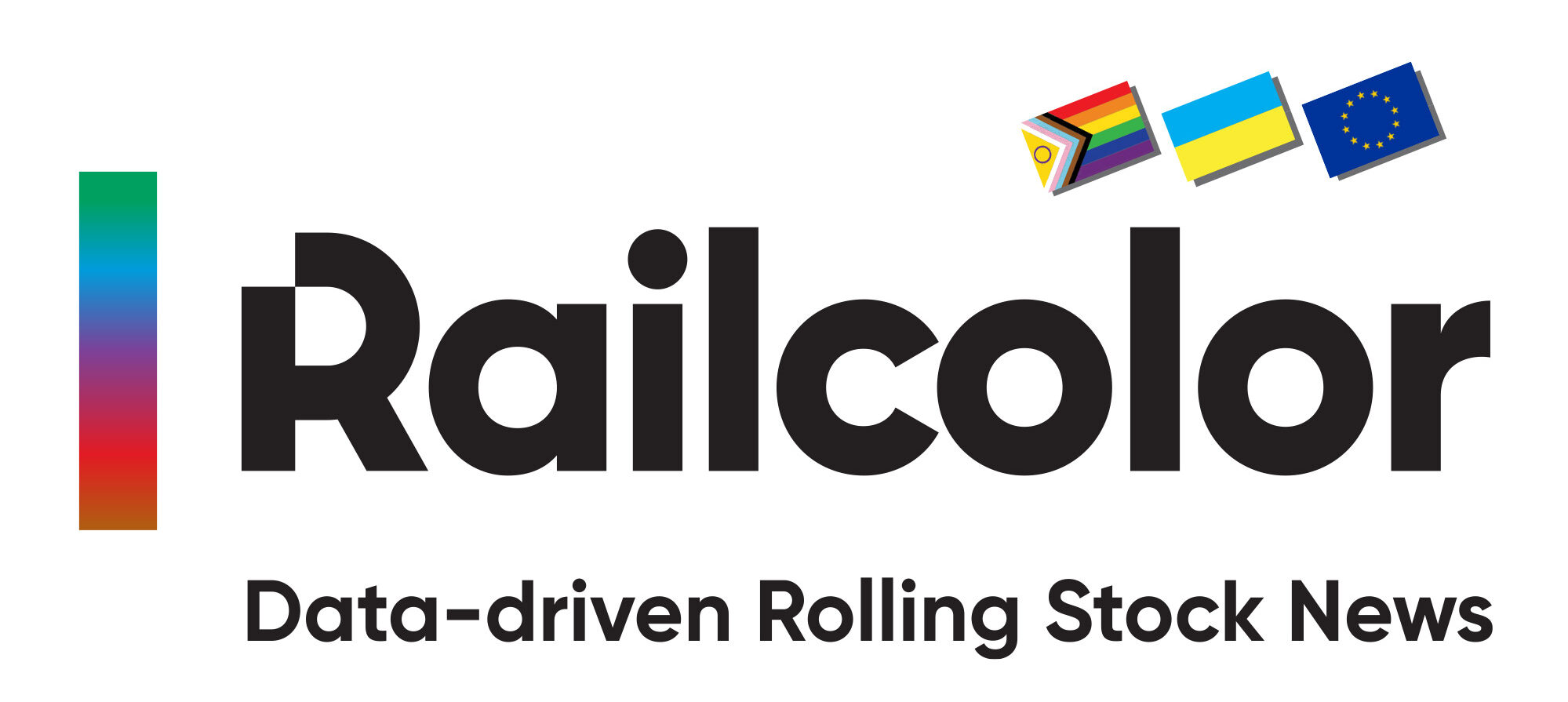Siemens and DB Cargo AG have signed a framework agreement to deliver 100 locomotives. At the closing of the contract, the freight transport arm of Deutsche Bahn called up 60 Vectron multi-system locomotives.
To continue reading this article – you need a Railcolor subscription. You can order one here.






